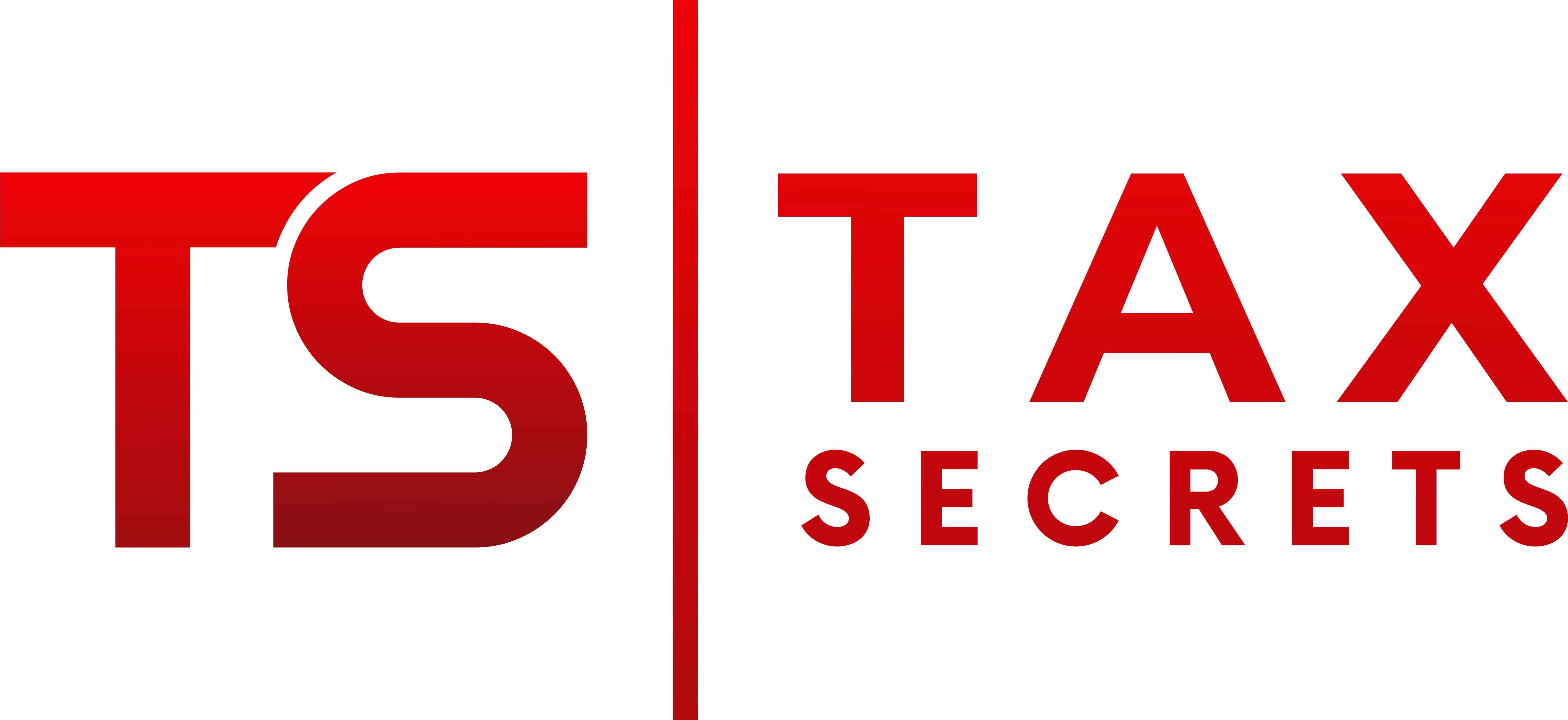1099-K Reporting Threshold Last Minute Change
Article Highlights:
- 1099-K Reporting.
- Third-party Settlement Organizations.
- American Rescue Plan of 2021 Mandated Reporting Threshold.
- Delayed Implementation
- 2023 Threshold
- 2024 Planned Phase-in Threshold
Following feedback from taxpayers, tax professionals and payment processors and to reduce taxpayer confusion, the Internal Revenue Service has announced a delay of the new $600 Form 1099-K reporting threshold for third-party settlement organizations for calendar year 2023.
Tax law, since 2011, has required third-party settlement organizations such as Venmo, PayPal, CashApp, and Ebay to report transactions over $20,000 in payments per year from over 200 transactions.
The American Rescue Plan of 2021 abruptly changed the reporting threshold to $600 per year regardless of the number of transactions. This change was supposed to have taken place beginning for 2022 transactions. However, the IRS had previously delayed the implementation of the $600 threshold until 2023.
Following feedback from taxpayers, tax professionals and payment processors and to reduce taxpayer confusion, the Internal Revenue Service late in November 2023 announced a delay of the new $600 Form 1099-K reporting threshold for third-party settlement organizations for calendar year 2023.
Instead, the IRS will treat 2023 as an additional transition year. This will reduce the potential confusion caused by the distribution of an estimated 44 million Forms 1099-K sent to many taxpayers who wouldn’t expect one and may not have a tax obligation. As a result, reporting will not be required unless the taxpayer receives over $20,000 and has more than 200 transactions in 2023.
Given the complexity of the new provision, the large number of individual taxpayers affected and the need for stakeholders to have certainty with enough lead time, the IRS is planning for a threshold of $5,000 for tax year 2024 as part of a phase-in to implement the $600 reporting threshold enacted under the American Rescue Plan (ARP).
Reporting requirements do not apply to personal transactions such as birthday or holiday gifts, sharing the cost of a car ride or meal, or paying a family member or another for a household bill. These payments are not taxable and should not be reported on Form 1099-K.
However, the casual sale of goods and services, including selling used personal items like clothing, furniture, and other household items for a loss, could generate a Form 1099-K for many people, even if the seller has no tax liability from those sales.
This complexity in distinguishing between these types of transactions factored into the IRS decision to delay the reporting requirements an additional year and to plan for a threshold of $5,000 for 2024 to phase in implementation.
Professional tax preparers can simplify reporting personal transactions where there is no profit, and a taxpayer inappropriately received a 1099-K.
Please contact this office for assistance on 1099-Ks whether appropriately or inapparently received.

